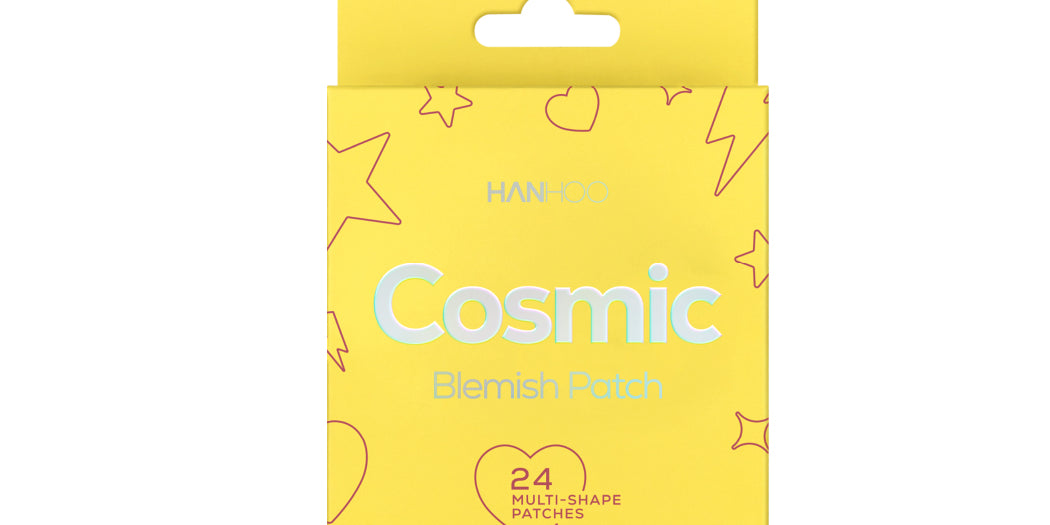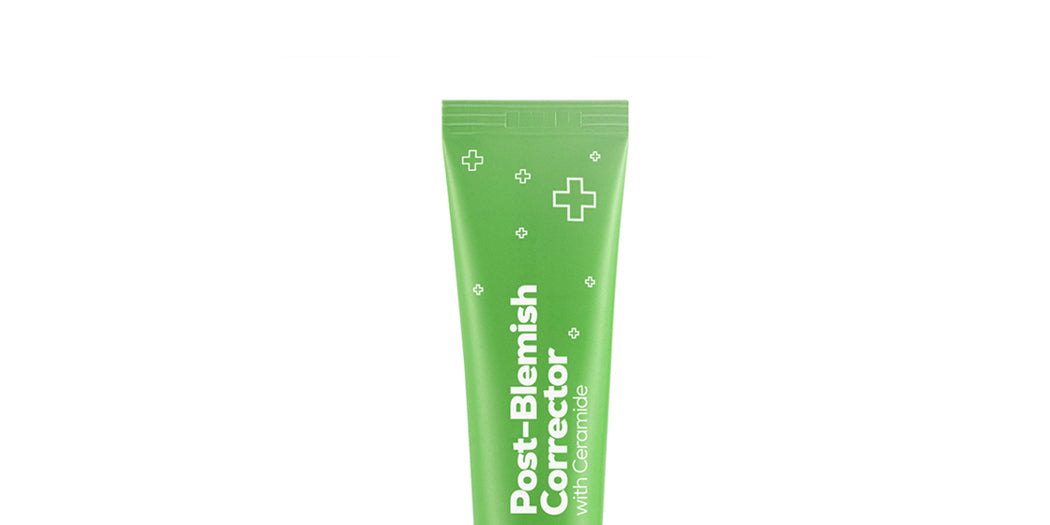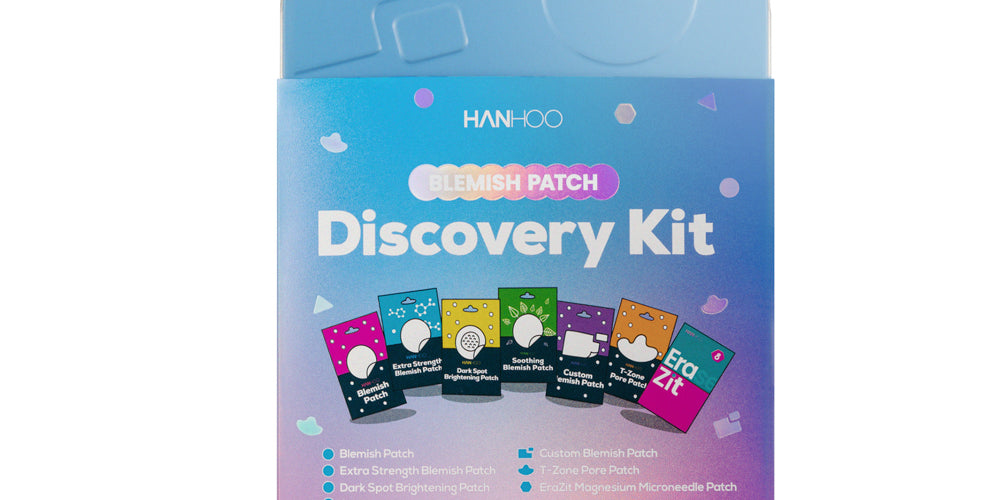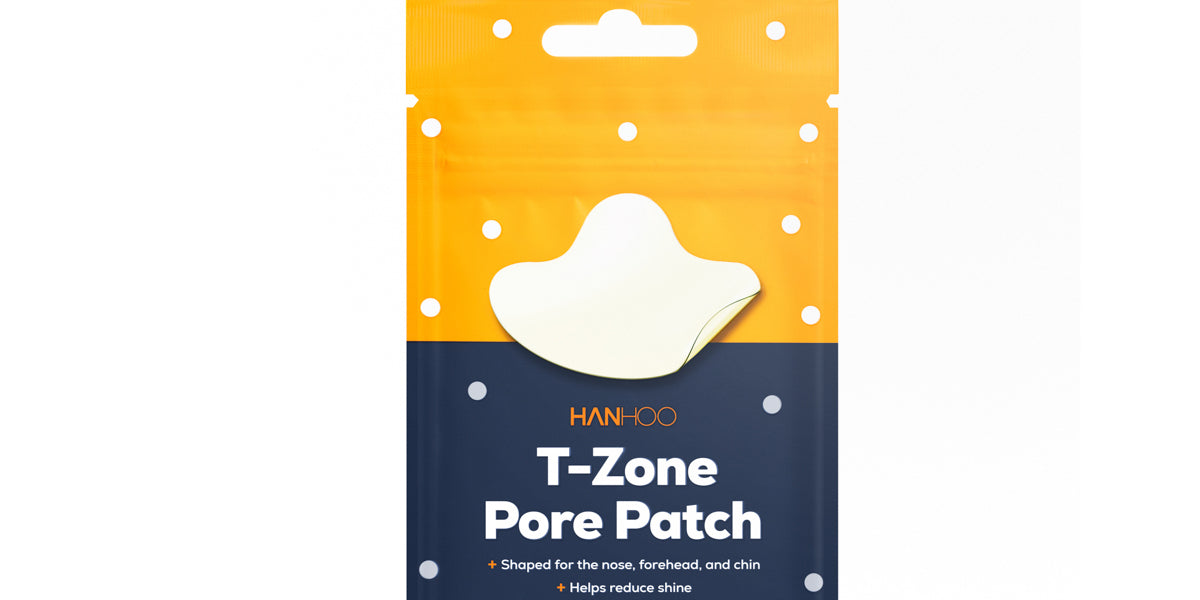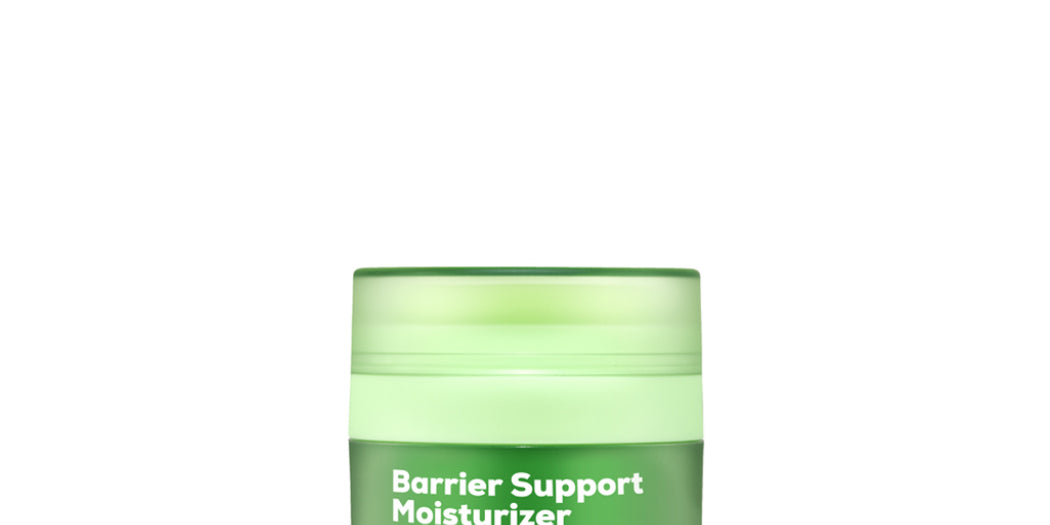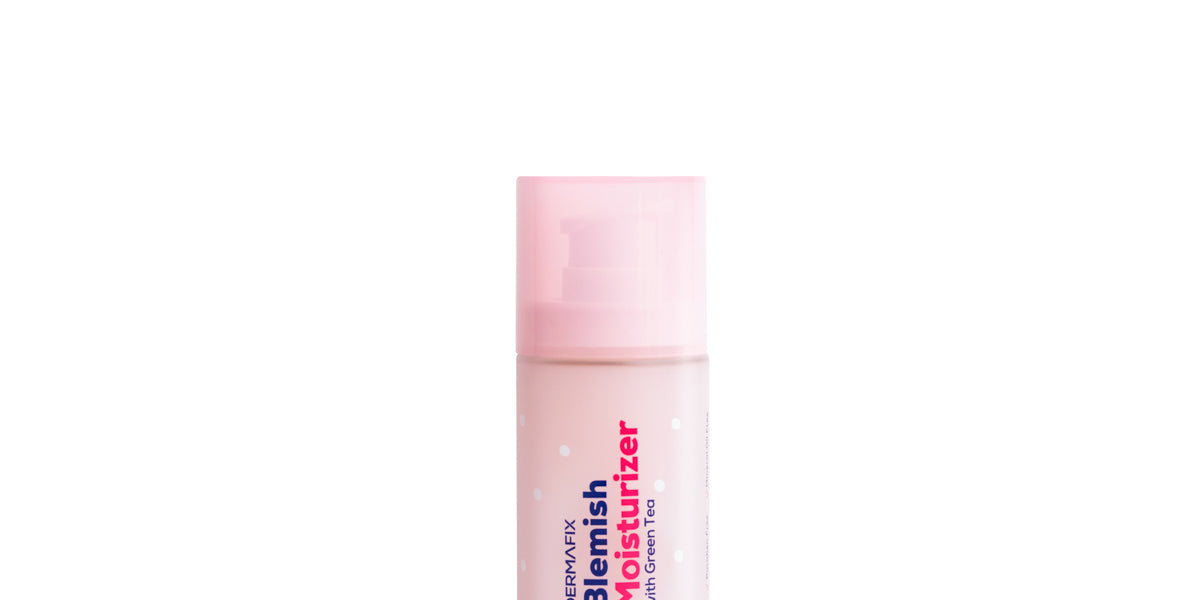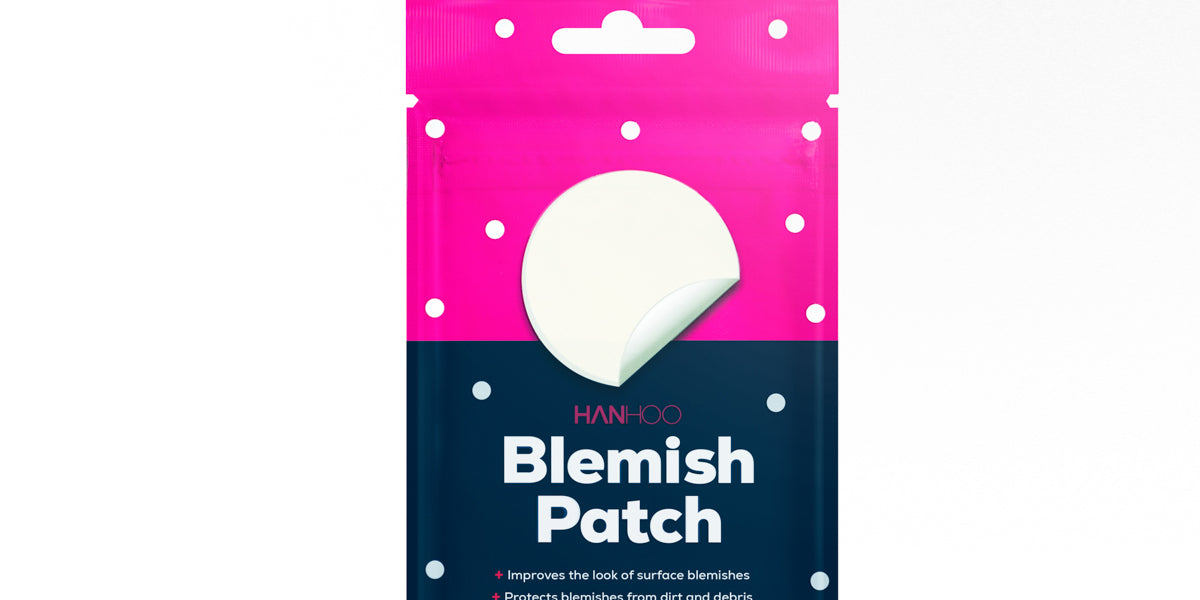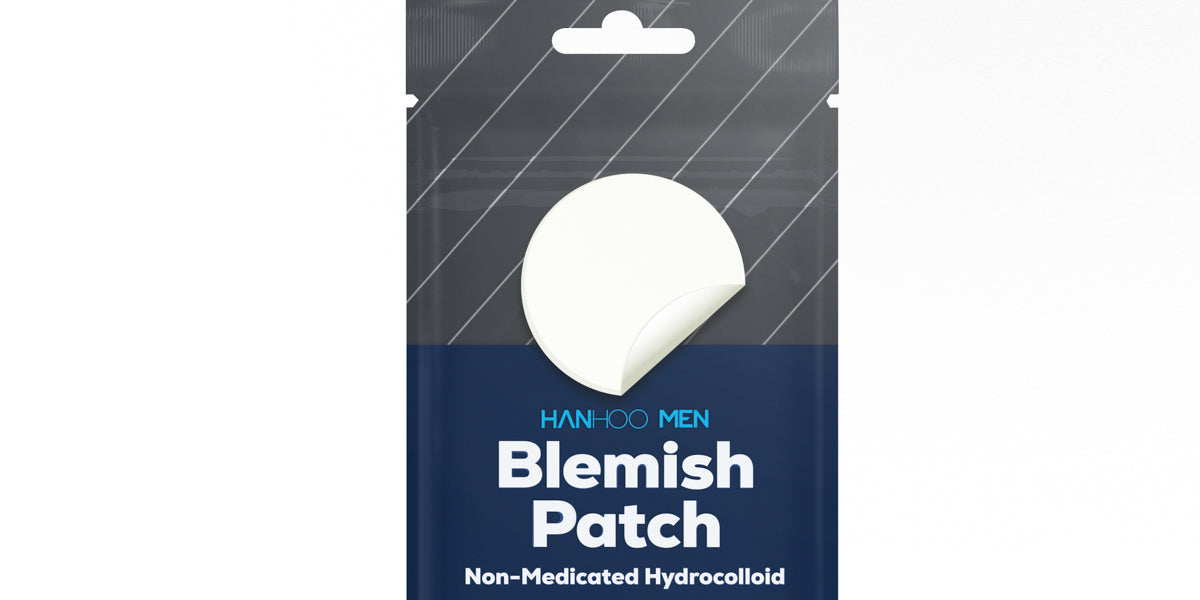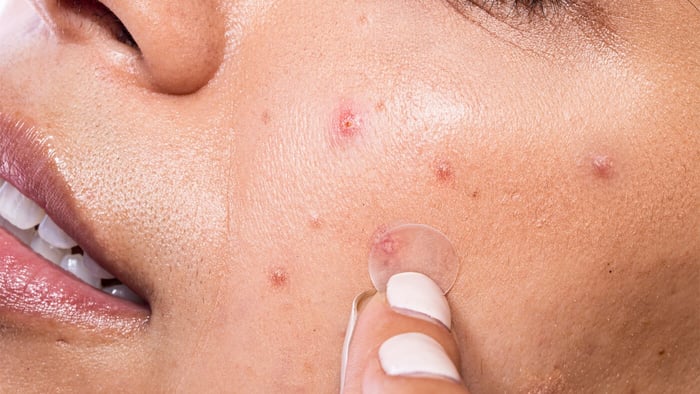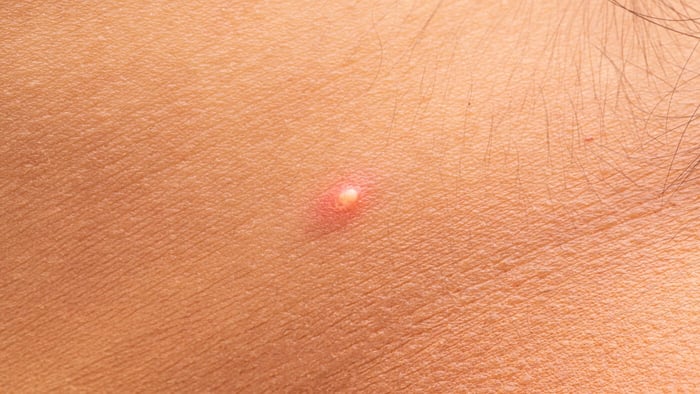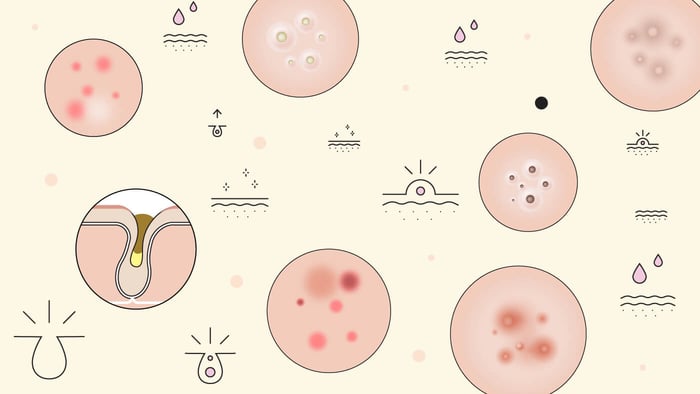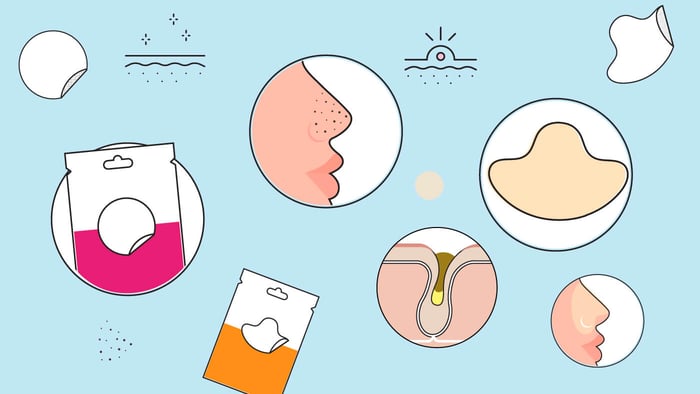If you’ve been avoiding chocolate because you’ve heard that it can potentially break you out, we’ve got some good news for you. You don’t have to give up chocolate.
In fact the main ingredient in chocolate, cocoa, is known to have antioxidant and anti-inflammatory properties which is actually great for the skin. But not all chocolate is great for you. A good rule of thumb is that the darker the chocolate, the better the benefits. But you can still enjoy milk chocolate, just in moderation.
But what about other “junk” foods?
Why some foods can cause acne
First off, it’s important to know why some foods can cause acne. Take milk chocolate for example. Milk chocolate has the potential to cause acne because of the added ingredients like milk and sugar. These ingredients can cause spikes in blood sugar that contribute to inflammation in the body. And as we know, acne is an inflammatory condition in the skin. So if you eat lots of dairy and sugary foods, it’s more likely that your diet may be triggering acne breakouts.
In addition to inflammation, foods that trigger blood sugar spikes can also cause the skin to produce more sebum. And if you don’t know, excess sebum is one of the things that can get trapped in pores (along with bacteria and dead skin) resulting in a pimple.
Here’s a quick guide on the types of foods that can increase blood sugar:
🍚 White rice
🍝 Grain-based foods
🍩 Sugary drinks + foods
🍞 White bread
🥔 Potato chips
Keep in mind, these are just some of the foods that can trigger blood sugar spikes. If you want to know what foods you should avoid if you’re particularly acne-prone, then you can try documenting the foods you eat.
Documenting foods that you think may trigger your breakouts can help you determine which foods to avoid, or maybe consume in moderation. Like, if you think a certain food is breaking you out, then cut that food out of your diet for a while and see if that helps, then you’ll know if it's actually affecting your skin or not.
How much does diet contribute to breakouts?
As much as we know that certain foods can trigger acne, diet is not the sole factor that affects our skin. Our skin is largely affected by genetics, hormones, stress, and other factors.
Genetics can largely affect the state of our skin. For instance, if your parents have oily skin then it’s likely that you will too. And since oily skin means that your skin produces excess sebum, all that extra sebum can easily get clogged up in pores, triggering breakouts.
Then there’s hormonal acne. If you’ve noticed that you tend to break out around your time of the month, it’s because of the hormone fluctuations that occur during this time. During your period, hormones can trigger sebum production to increase. That’s why you may notice that pimples seem to pop up during this time.
So, you can’t really rely on diet alone to help clear up your acne since it isn’t the only contributing factor to acne. While genetics and hormones aren’t all that easy to change, you can help your skin by seeking out skin care that targets your specific skin concern.
For example, if you inherited your parent’s oily skin, we have a couple products that can help you tame that oiliness. Our Dermafix line includes oil balancing ingredients like Green Tea, Witch Hazel, and Calamine to help soak up the excess oil and reduce breakouts. Check out the Dermafix collection here.

